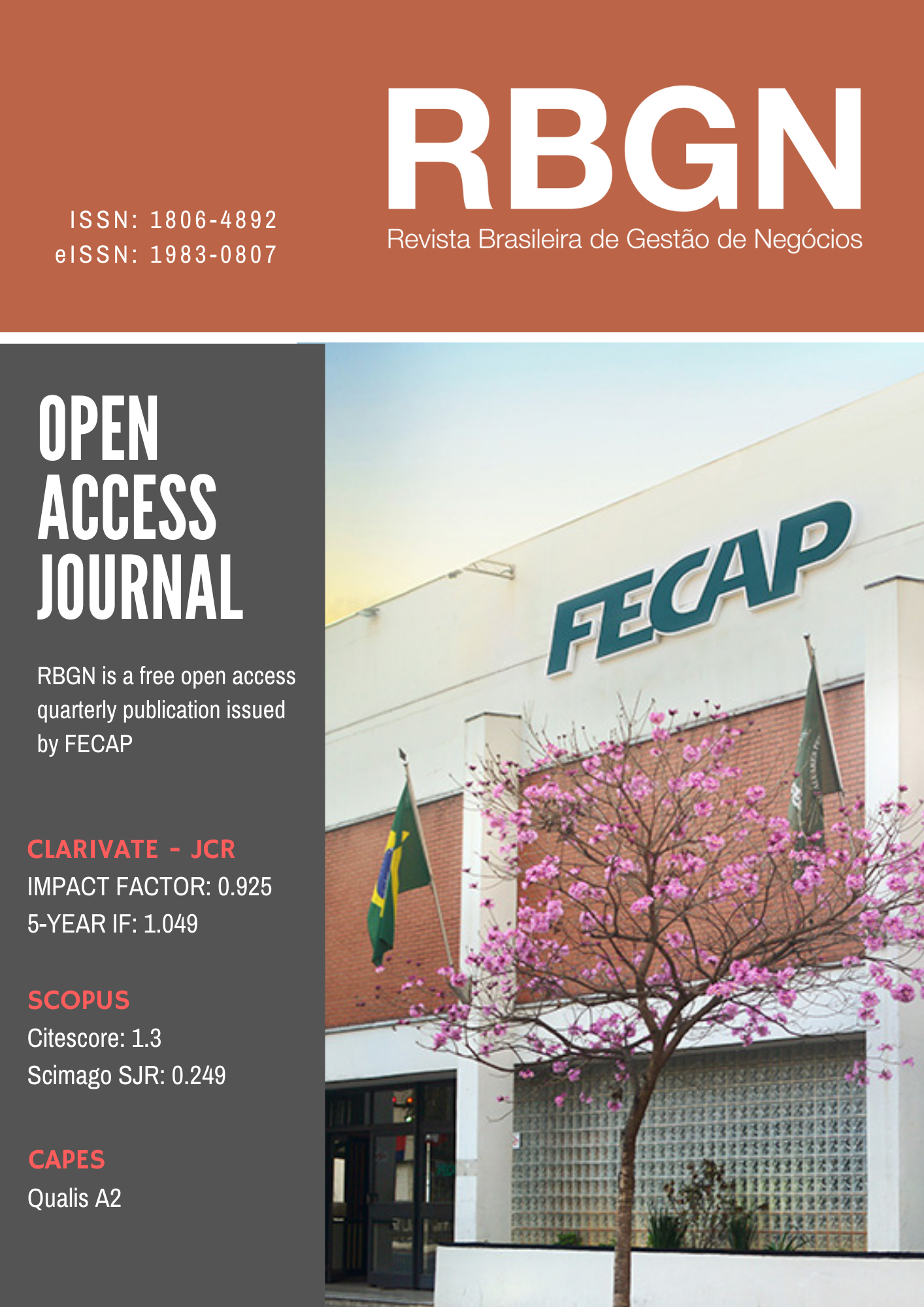Abstract
Purpose – The main purpose of this study is to address the association between investors’ divergence of opinion (DIVOP) and idiosyncratic volatility (IVOL).
Theoretical framework – A relevant association between DIVOP and IVOL is consistent with the literature on financial information disclosure (Lang and Lundholm, 1996; Rajgopal and Venkatachalam, 2011), future stock returns (Ang et al., 2006; Diether et al., 2009), mispricing (Miller, 1977; Aabo et al., 2017), firm maturity (Berkman et al., 2009; Fink et al., 2010) and market imperfections (Berrada and Hugonnier, 2013).
Design/methodology/approach – We consider four proxies of DIVOP and four measures of IVOL and apply multivariate econometric tests to assess their association. Our models control for different effects such as first-order correlation (Huang, 2011) or firm maturity (Fink et al, 2010). We focus on UK firms listed on the London Stock Exchange, which is one of the largest stock markets in Europe.
Findings – We consistently found a positive and significant association between DIVOP and IVOL. We also observed that one-year lagged DIVOP is related to higher contemporaneous IVOL, even if we control for lagged IVOL. We show that even if our proxy for DIVOP captures divergence of opinion when liquidity is relatively high, we still find a positive and significant association between DIVOP and IVOL.
Practical & social implications of research – The main implications of the study is that DIVOP represents risk and that future research should address IVOL, its drivers and outcomes using the Fama and French (2015) five-factor model.
Originality/value – We provide empirical evidence that DIVOP is associated with IVOL, suggesting that DIVOP is a channel through which uncertainty generates IVOL, and its effect can persist throughout a whole year. We show that the association between DIVOP and IVOL is not the result of poor liquidity.
Keywords – divergence of opinion; idiosyncratic volatility; uncertainty.
If a paper is approved for publication, its copyright has to be transferred by the author(s) to the Review of Business Management – RBGN.
Accordingly, authors are REQUIRED to send RBGN a duly completed and signed Copyright Transfer Form. Please refer to the following template: [Copyright Transfer]
The conditions set out by the Copyright Transfer Form state that the Review of Business Management – RBGN owns, free of charge and permanently, the copyright of the papers it publishes. Although the authors are required to sign the Copyright Transfer Form, RBGN allows authors to hold and use their own copyright without restrictions.
The texts published by RBGN are the sole responsibility of their authors.
The review has adopted the CC-BY Creative Commons Attribution 4.0 allowing redistribution and reuse of papers on condition that the authorship is properly credited.


